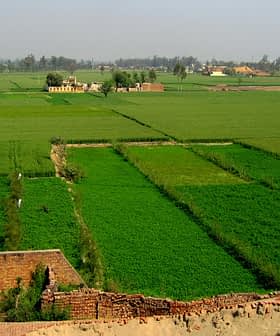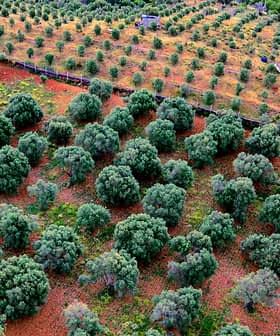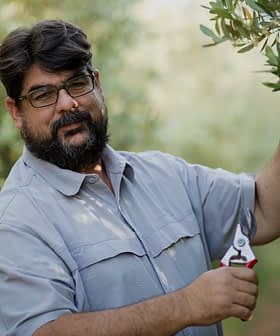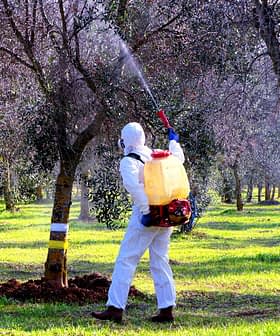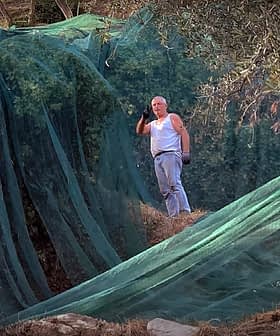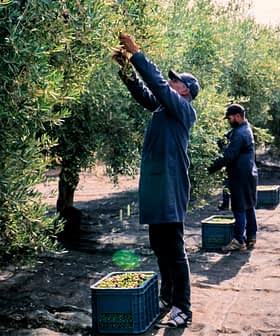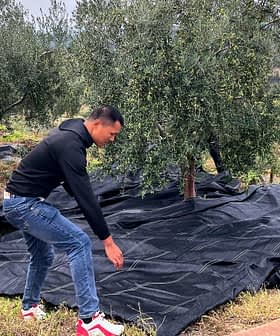Spurred by Olives, Organic Farmland Grows in Italy
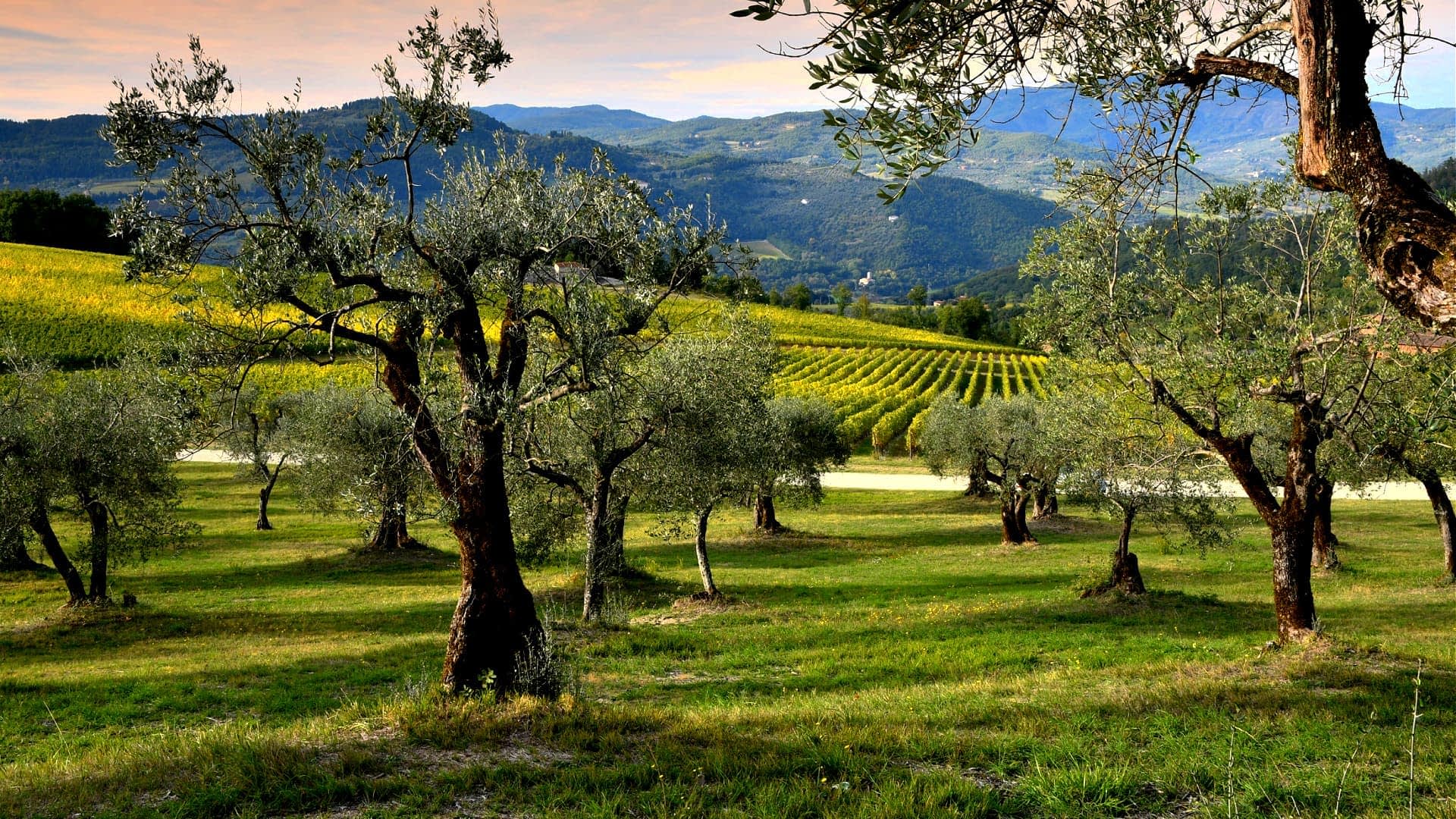
The amount of organically cultivated farmland in Italy has increased by 7.5 percent from 2021 to 2022, with olive groves being the most significant crop, totaling 2,349,880 hectares. Despite the growth in organic farming, domestic demand for organic food products in Italy remains low, with only a 0.5 percent increase in consumer expenditure from 2021 to 2022, largely due to factors such as inflation impacting household spending power.
The amount of agricultural land cultivated organically in Italy has increased considerably over the past two years, with olive groves making up the most relevant crop.
According to a new report from the Ministry of Agriculture, Food Sovereignty and Forestry, the amount of organically cultivated farmland rose by 7.5 percent from 2021 to 2022, an increase from the 5.4 and 1.7 percent gains recorded in the previous two annual intervals.
More specifically, 2,349,880 hectares of active Italian farmland are managed through organic farming practices, representing 18.7 percent of the total.
See Also:Demand for Organic Olive Oil Growing GloballyThe government defines active farmland as pastures, permanent grasslands, tree crops and domestic gardens actively in use.
The European Union’s Farm-to-Fork Strategy includes the expansion of organic farming to at least 25 percent of agricultural surface area by 2030.
According to the Italian Institute of Services for the Agricultural and Food Market (Ismea), which presented the report, organic operators increased by 8.9 percent between 2021 and 2022. Of those 92,779 companies, 82,627 are farms.
During the presentation, Fabio Del Bravo, a rural development official at Ismea, said active organic farmland grew approximately 160,000 hectares in the period, with olive groves representing 16 percent of that increase.
The 25,600-hectare increase makes organic olive groves the single most significant crop contributor to the current organic farming expansion in the country. Organic vineyards grew by 7 percent.
According to the report, Tuscany is the Italian region with the largest active organic farmland, with 36.8 percent. Meanwhile, 24.7 percent of active farmland in Puglia, the country’s largest olive oil-producing region, is now organic.
Del Bravo said the report’s numbers show how active farmland expansion and the ability of organic farming enterprises to compete in the market depend on funding from E.U. and national development programs.
On a side note, the report showed how domestic demand for organic food products is still lagging, with a 0.5 percent increase from 2021 to 2022.
Only 1.6 percent of consumers’ expenditure on organic food goes to organic olive oil and other vegetable fats.
During the presentation, Del Bravo said many factors contribute to the slow growth in the value of organic foods sold to consumers.
Among them, the most significant impact comes from inflation, which sits at 6.4 percent annually. Inflation is affecting households’ spending power and families’ buying priorities.
As the distance between organic food prices and their conventional counterparts remains significant, families’ choices often do not include organic foods.
The stagnation in demand is one of the most critical challenges facing the organic farming sector.
Nevertheless, the report said that the Italian organic farming sector shows extraordinary vitality due to the funds provided by the E.U.’s Common Agricultural Policy and increasing cooperation among the various organic producers’ organizations and associations.
Additionally, Del Bravo said the Horeca sector (restaurants, hotels and cafés) are increasingly interested in offering organic products to their customers.
During the presentation, Italian government officials confirmed their commitment to reinforce the current development programs and the institutional public communication about the health benefits deriving from the consumption of organic foods.


